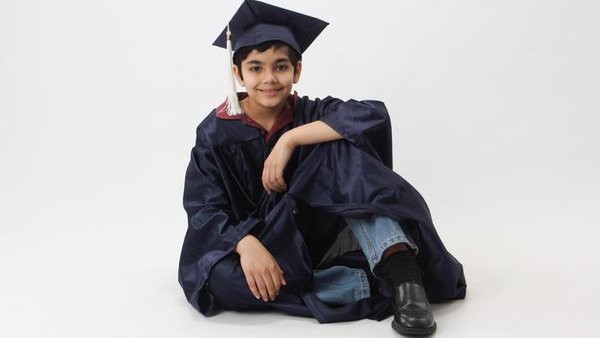In a story that seems to have been taken from the pages of sci-fi novels, a growing number of Chinese parents are now resorting to genetic testing to determine the potential talents their kids might have.
According to Yang Xu, CEO of Beijing-based genetic testing company HiGene,within the first three months of their operations, they already have more than 1500 customers wanting to have their children tested. Each test can cost up to 9000 yuan ($1469), the Global Times reported.
Yang said that the test can be used to identify a child's aptitude for particular interests like music, painting, dance, sports, and even science. All is needed is for parents to provide a sample of their kids' DNA, usually through using a cotton swab to gently scrape off mucous from inside the cheeks.
The company determines the subject's predispositions for certain behaviors and interests by looking for genetic markers that would indicate such. For instance, the gene ASAP1 is used to judge the probability of a child having good vocal pitch,
When it comes to determining athletic ability, the company looks for markers indicating physical fitness, including endurance, bone strength, muscular development and aerobic capacity.
Yang said that, while the test does not determine exactly what talent a child will have, it can serve as a guide for parents on how they can support their
The test can also be used to determine skills that might otherwise be ignored or overlooked, as well as determine the probability of certain behaviors, like making impulsive decisions under stress. All of these can help parents adjust their parenting styles to suit their kids better.
Meanwhile, a team of Chinese scientists is set to test a new gene-editing technique for the first time on human subjects. The team, led by Sichuan University, has already received ethical approval from the West China Hospital in Chengdu to conduct clinical trials of the CRISPR-Cas9 method on lung cancer patients in August, Time reported.
CRISPR is a new technique that allows for greater precision in splicing genes, allowing scientists to cut and remove only the target genes, as well as attach a gene at the exact location needed. It is hoped that the method can someday be used to deal with incurable genetic diseases by removing defective genes from the patients' cells.



























